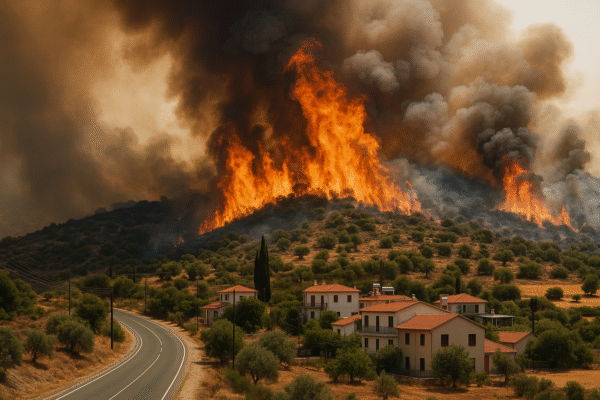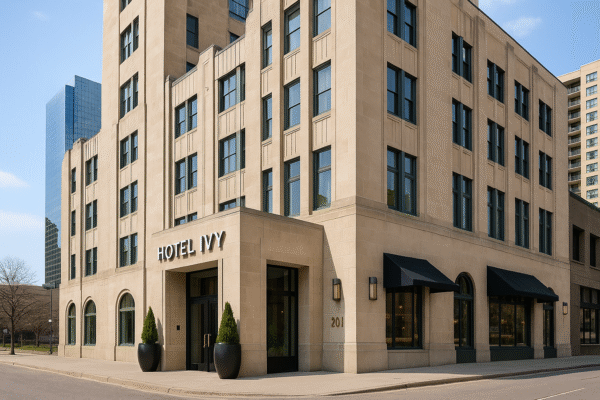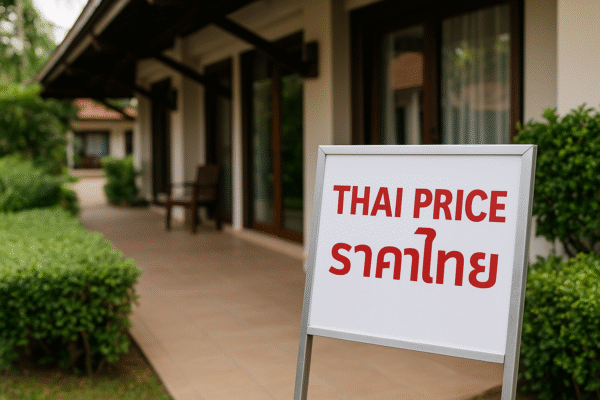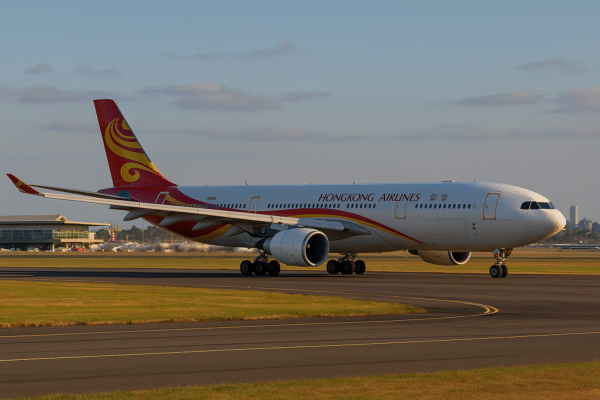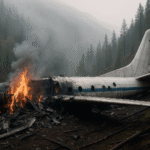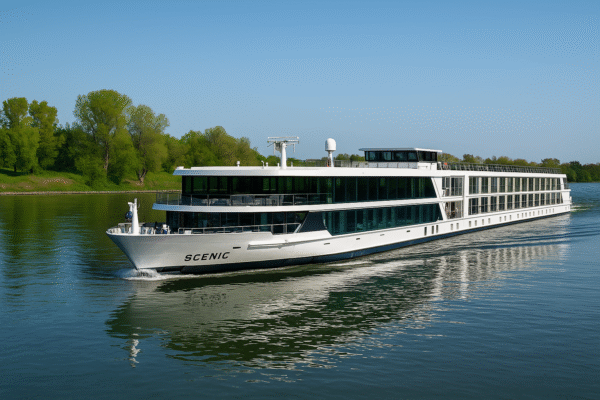Frisco, Colorado Rejects Proposed Tax Hike Amid Community Pushback and Tourism Concerns
Frisco, Colorado — In a pivotal decision underscoring the balance between municipal growth and economic sustainability, the Frisco Town Council has voted not to move forward with a proposed tax increase aimed at funding local capital projects. The proposal included either a 0.5% increase in sales tax or a 4% increase in lodging tax, but was ultimately shelved after receiving overwhelming opposition from residents and business owners.
The tax plan, originally introduced in early 2023, was projected to generate $3.3 million annually—$1.7 million from increased sales tax and $1.6 million from lodging tax. Funds would have supported vital community investments, including traffic system improvements, public facility upgrades, bridge replacements, and wildfire mitigation. However, the council’s final decision reflects deep concerns about the financial burden on both residents and Frisco’s tourism-reliant economy.
Community Survey Shapes the Outcome
To better understand public sentiment, the town commissioned Magellan Strategies to conduct a statistically valid survey. The results were decisive:
- 58% opposed the tax hike
- 33% supported the increase
- 9% were neutral
Further, 77% of respondents felt the town already had sufficient resources to maintain existing services, and 72% expressed satisfaction with current service levels. These insights clearly influenced the council’s direction.
“The people of Frisco have spoken clearly, and their voices matter,” said a town spokesperson. “This isn’t just about revenue—it’s about trust, priorities, and making sure we protect what makes Frisco a vibrant place to live and visit.”
Lodging Tax Hike Would Risk Tourism Appeal
One of the council’s key concerns was the potential damage the proposed tax hike could inflict on Frisco’s thriving tourism sector. Currently, traditional lodging in Frisco is taxed at 10.725%, while short-term vacation rentals face a 15.725% tax rate. Council members, including Martin Allen, argued that increasing lodging taxes even further could deter visitors—particularly those unaware of the high tax rates until arrival.
“Frisco competes with other mountain towns for tourists. Pricing ourselves out of the market is not a smart move,” Allen warned. “We want to continue drawing in families, adventurers, and event-goers—not sending them elsewhere because of taxes.”
Wildfire Mitigation a Community Priority
While resistance to new taxes prevailed, Frisco residents expressed strong support for wildfire mitigation efforts—particularly the proposed “Frisco’s Backyard” initiative, designed to reduce fire risk in local recreational areas. According to the survey, 79% of respondents favored increased funding for wildfire prevention projects.
Town leaders acknowledged this sentiment but emphasized that such large-scale environmental initiatives should not rely solely on local taxation. Instead, Frisco plans to deepen its partnerships with federal and regional agencies.
The U.S. Forest Service has traditionally played a vital role in wildfire mitigation, but the recent announcement that District Ranger Adam Bianchi will step down has created uncertainty about future collaboration. Still, council members are optimistic that funding and operational support will continue.
“We’re committed to wildfire prevention, but it’s not something we can carry alone,” noted a council official. “Federal agencies, Denver Water, and neighboring towns must share the responsibility.”
What’s Next for Frisco?
While the proposed tax hikes are officially off the table for now, Frisco is not abandoning its infrastructure goals. The town council outlined several next steps aimed at achieving progress without increasing the financial burden on residents or discouraging tourism:
- Seek alternative funding sources such as grants, state allocations, and federal infrastructure programs.
- Advocate for increased federal wildfire mitigation funding under programs like the U.S. Department of Agriculture’s Forest Service Community Wildfire Defense Grant.
- Partner with organizations like Denver Water, which has been involved in past mitigation efforts across Summit County.
- Engage local businesses and tourism stakeholders in collaborative planning to ensure Frisco’s economy remains strong and competitive.
A Balanced Path Forward
Frisco’s rejection of the tax hike marks a significant moment in local governance. It reflects a growing trend among U.S. towns to seek smarter, more collaborative financial strategies while maintaining transparency with their communities.
The Town Council’s decision highlights the importance of prioritizing local business health, sustaining tourism, and listening to residents. Though capital projects and wildfire concerns remain urgent, Frisco is choosing a funding approach rooted in shared responsibility and regional partnership.
This direction aligns with Frisco’s identity as a small mountain town with a big vision—one that aims to preserve its natural beauty, community cohesion, and economic resilience.
For now, visitors can continue enjoying all that Frisco has to offer—without new tax burdens—while the town works behind the scenes to secure a sustainable, wildfire-resilient future.
For more travel news like this, keep reading Global Travel Wire




